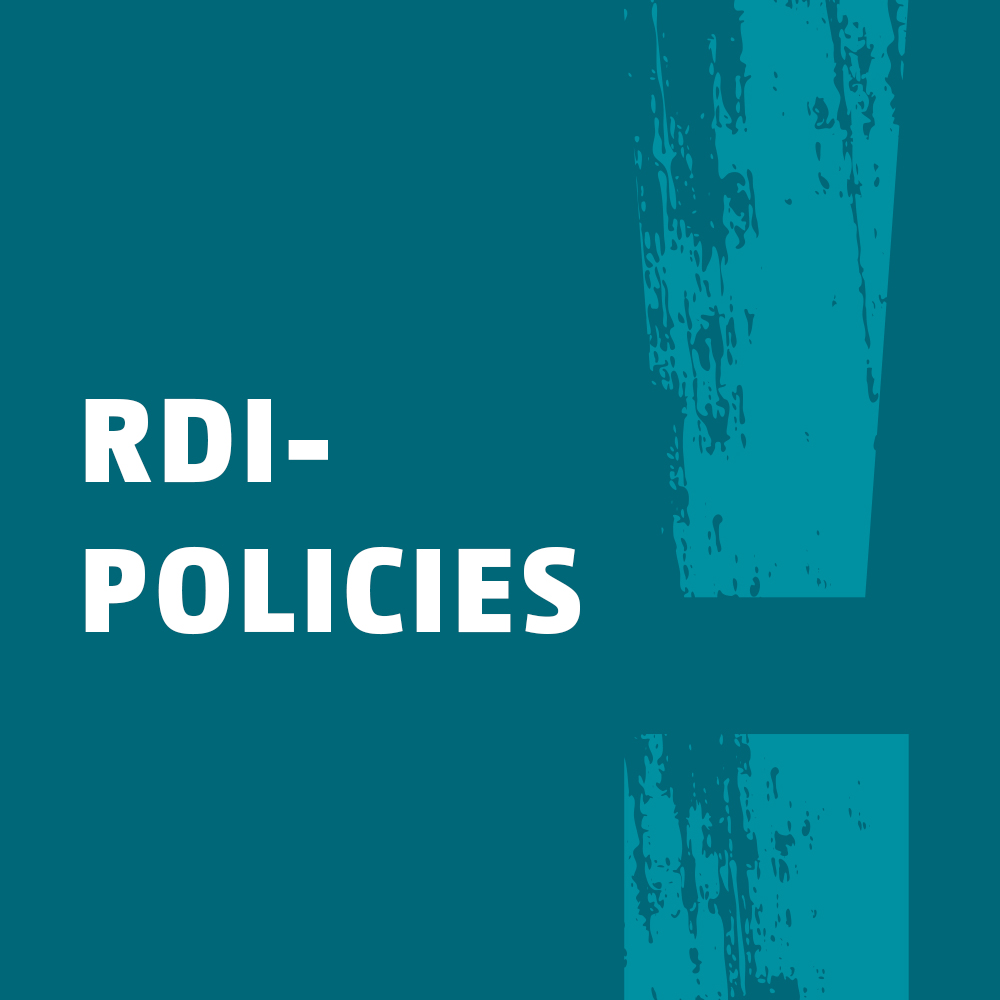Poliisin liikennevalvonnalla ja liikenneturvallisuustyöllä ei ole niin paljon vaikuttavuutta kuin teoriassa voisi olla. Näin todetaan Poliisiammattikorkeakoulun tuoreessa tutkimuksessa "Poliisin liikennevalvonnan ja liikenneturvallisuustyön vaikuttavuus: Kompleksisuuden analyysi ja kuvaus".
The effectiveness of police traffic surveillance and traffic safety enforcement are not as extensive as they could be in theory. This is the finding in a recent study completed at the Police University College "Poliisin liikennevalvonnan ja liikenneturvallisuustyön vaikuttavuus: Kompleksisuuden analyysi ja kuvaus" ("Effectiveness of Traffic Policing: An Analysis and Account of Its Complexity”).
Generally speaking, traffic surveillance and traffic safety enforcement by the police is understood to be clear and long-term work that requires a relatively large amount of police resources. However, the study highlights factors and relationships that make this area of police work more complex than previously thought and internally even contradictory.
The coordination of traffic policing with other police work has caused headaches from the time automobiles were introduced to our roads.
“There is no general consensus on traffic surveillance by the police, as there is with police work that aims to prevent and tackle other offences and criminal activity. The police are viewed in a different light in road traffic than in other contexts, and traffic surveillance may even undermine the citizens’ confidence in the police - possibly more so the more effective it is. This decline in confidence may then be reflected in how willing citizens are to cooperate with the police. This, in turn, diminishes the ability of the police to investigate crimes and bring perpetrators to justice,” says Senior Researcher Vesa Huotari, the study’s author.
According to Huotari, we should ask why the effectiveness of traffic surveillance and traffic safety enforcement by the police is lower than it could be in principle or in an ideal situation. At the same time, an effort must be made to identify the factors that affect this matter. According to the now published study, such factors include different conflicts and tensions, for example within the police organisation, the police institution and the law enforcement system.
“We often describe complex issues in a simple manner and build our action plan based on these. However, traffic surveillance and traffic safety enforcement by the police is complex, and by recognising this we increase both our understanding of effectiveness and our ability to promote it.
Information about the publication:
Vesa Huotari: Poliisin liikennevalvonnan ja liikenneturvallisuustyön vaikuttavuus: Kompleksisuuden analyysi ja kuvaus. Poliisiammattikorkeakoulun raportteja 137.



